The UK has announced that it has launched an inquiry into cyber security, following the alleged interference by Russian intelligence agencies in the US presidential election of 2016. The UK has announced that it will treat any cyber attacks with the same severity as conventional attacks. A comprehensive cyber security strategy is being formulated, with a budget of £1.9 billion (roughly Rs 190 cr) allocated till 2021.
Margaret Beckett, Chair of the Joint Committee on the National Security Strategy said, “While the digital revolution has opened up a whole host of opportunities, it has also created new vulnerabilities. The national security implications of the leap to cyber are a matter of increasing concern. Attention has recently focused on the potential exploitation of the cyber domain by other states and associated actors for political purposes, but this is just one source of threat that the Government must address through its recently launched five-year strategy.”
The National Security Strategy Committee is seeking inputs on the cyber security strategy for the UK. The types and sources of cyber threats to the UK, learning points from previous five year plan, and appropriate allocation of resources are some of the considerations. How much the government should interfere and participate in the cyber security of the private sector is being decided. The Committee is seeking inputs on how the government can boost the resilience of the private sector to malicious attacks.
Most importantly, UK is looking at developing state sponsored offensive cyber capabilities, and is formulating the norms for the use of such capabilities. Co-operating with allies and partners on setting a stand, jointly developing capabilities and sharing of the information are all on the agenda.
The US has officially accused Russia of hacking Democratic National Congress (DNC) emails in the run up to the 2016 presidential election. The US Department of Homeland Security and the FBI jointly released a 13 page document that for the first time identified another state as a perpetrator of malicious cyber activities. Leaked DNC emails were traced to Russian civilian and military intelligence services, the FSB and the GRU.
Hillary Clinton was among the first to openly accuse Russia of the hacks. Trump has dismissed the reports that Russia helped him win the election, but his aides say that Trump is willing to look at the information available to the US intelligence agencies. The US intelligence community has not embraced the CIA conclusion that Russia was involved in the hack, because of a lack of conclusive evidence.
The DNC got hacked twice in September and July . The leaked information was made available on WikiLeaks. The leaks were damaging to Democratic candidate Hillary Clinton, but beneficial to Republican candidate Donald Trump, who would later go on to win the election.
Republican Senator John McCain has said that such attacks can “ destroy democracy ” and the American response has been “totally paralysed”. Vladimir Putin, the president of Russia has said such hacks are not in the interest of Russia and both sides are using Russia to score points.
US president Barack Obama has ordered an audit of the cyber attacks, and the US is apparently on the brink of announcing the appropriate response .
Recently, France has also stated that it will boost its cyber-security chops to prevent any Russian hacker attack during its upcoming presidential elections in April-May this year. France will be voting for its next president on 23 April, and it has already started taking precautions to prevent any sort of interference from outside sources . The European nation is beefing up its cyber-security footprint amidst fears that Russian hackers might try to influence the upcoming elections. Jean-Yves Le Drian, defence minister of France said that French intelligence agencies were trying to learn its lessons from the allegations that rocked the US elections.
Le Drian said that the number of hacking attacks that were aimed at hacking the defence ministry computer systems have doubled every year. In fact, 24,000 such external attacks were blocked in 2016.


)




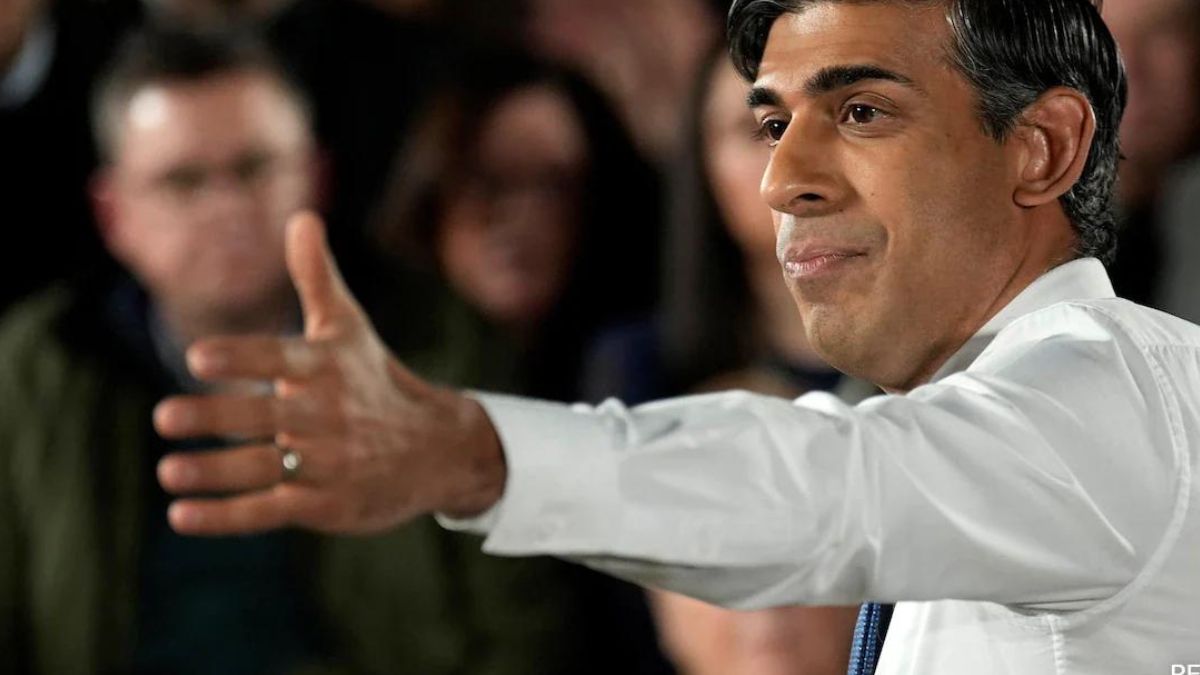)
)
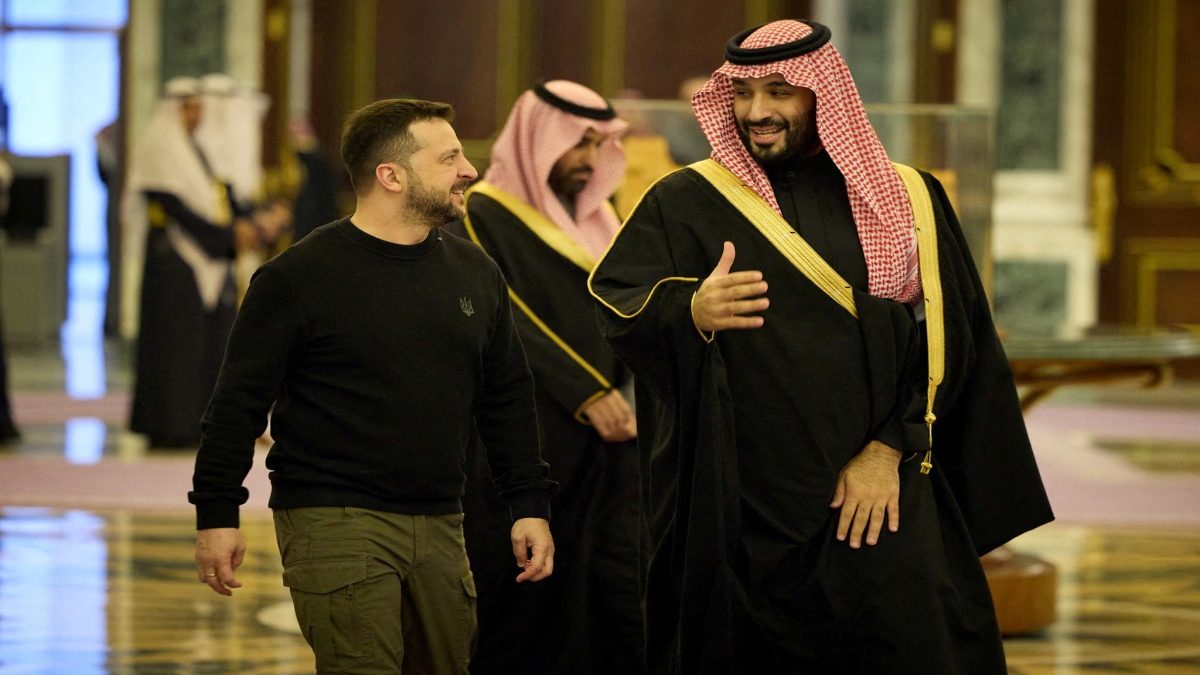)
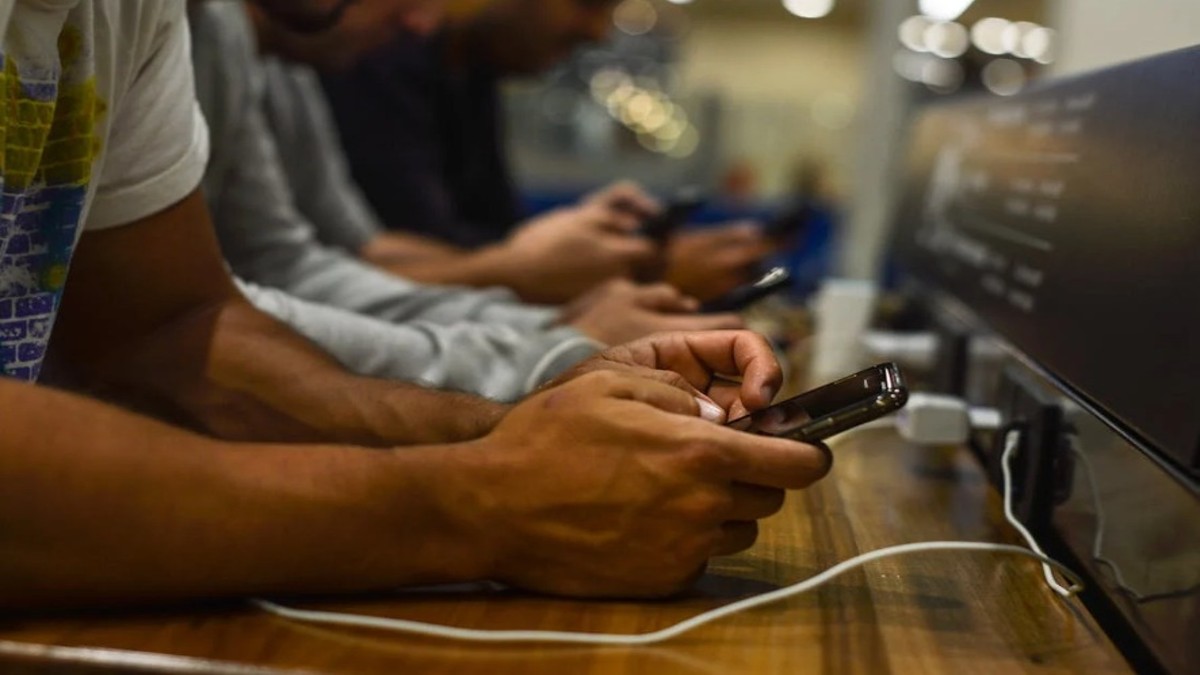)
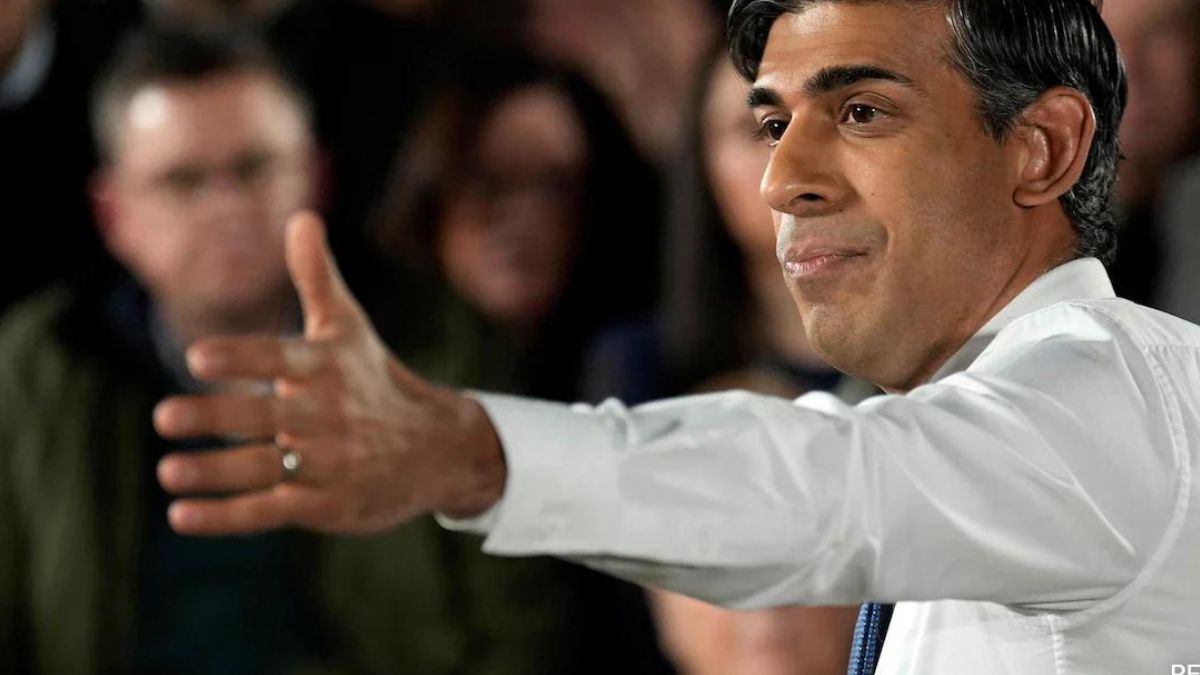)
)
)
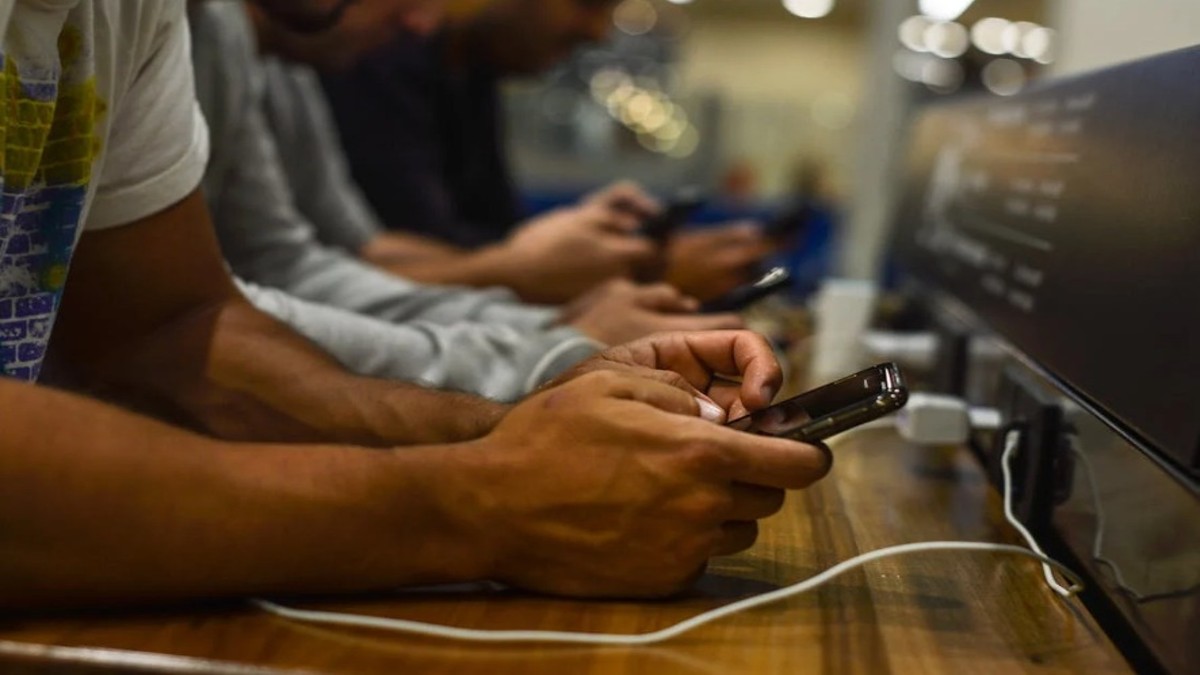)